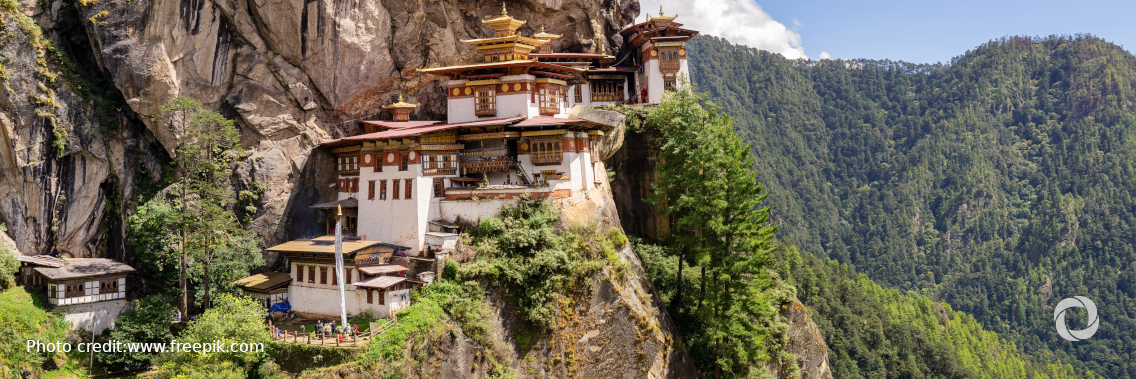Although Bhutan relies heavily on tourism for its revenue, the country has faced serious shocks in this sector since the beginning of COVID-19 when limited international mobility only served to deepen the country’s economic crisis. To address this and to mainstream biodiversity conservation into tourism development, on August 11 the Royal Government of Bhutan and the United Nations Development Programme (UNDP), signed a US$4.854 million five-year project funded by the Global Environment Facility (GEF).
A child project of the Global Wildlife Program, this project seeks to mitigate the threats to biodiversity while also generating sustainable conservation financing and livelihoods for people both within and outside the protected areas. It also aims to facilitate human-wildlife coexistence, to mitigate the negative impacts of growing tourism on Bhutan’s socio-cultural heritage, and to establish Bhutan as a model ecotourism destination.
“Tourism in Bhutan contributes the highest to the hard currency reserve and provides the most employment opportunities, particularly for a growing number of unemployed Bhutanese youth. The Bhutanese dependent on tourism faced the loss of their livelihoods. The project’s design considers opportunities for contributing to green recovery from the impacts of the pandemic, including boosting domestic tourism and employment opportunities and increasing community resilience and connection to nature,” the statement issued by UNDP Bhutan reads.
Attending the project signing virtually from Japan, Azusa Kubota, UNDP Resident Representative for Bhutan, remarked:
“Despite the pandemic and the climate crisis, further corroborated by the UN’s Intergovernmental Panel on Climate Change report that there will be an unavoidable rise in global temperature by 1.5 degree Celsius by 2030, Bhutan remains farsighted, relevant, and courageous in its pursuits that are green and sustainable.”
Thinley Namgyel, Secretary at the Gross National Happiness Commission of Bhutan, said:
“Tourism is second to hydropower in terms of revenue generation, and it contributes significantly to employment creation.”
He noted that the COVID-19 pandemic had displaced about 50,000 Bhutanese in the job market. The project will help to mainstream tourism in economic development, he added.
Stating that the project would be successfully executed with the targets and goals achieved in the scheduled time scale, Dorji Dhradhul, Director General of the Tourism Council of Bhutan (TCB), remarked:
“The project came at the right time as TCB prepares for post-pandemic tourism. We are promoting Bhutan as a wellness and wellbeing destination and the eco-tourism project will blend well with it.”
Although a total of 315,599 tourists visited Bhutan in 2019, there is an extensive application process in place because Bhutan adopts a ‘high value, low impact’ policy for its tourism sector where it only consents to those who agree to respect the culture, nature, and values of the country. On the other hand, despite having a rich ecosystem and culture, Bhutan has invested very little in domestic tourism.

